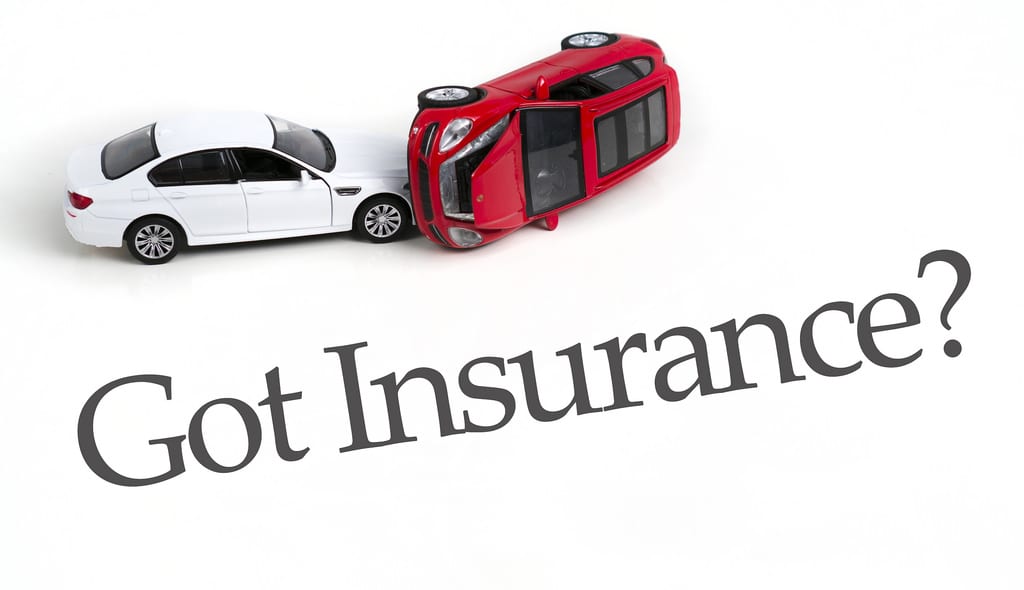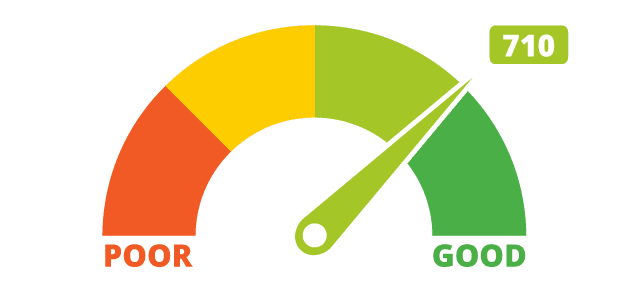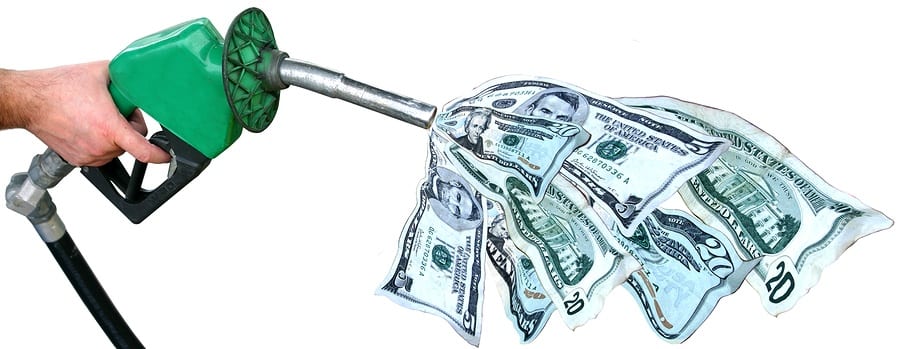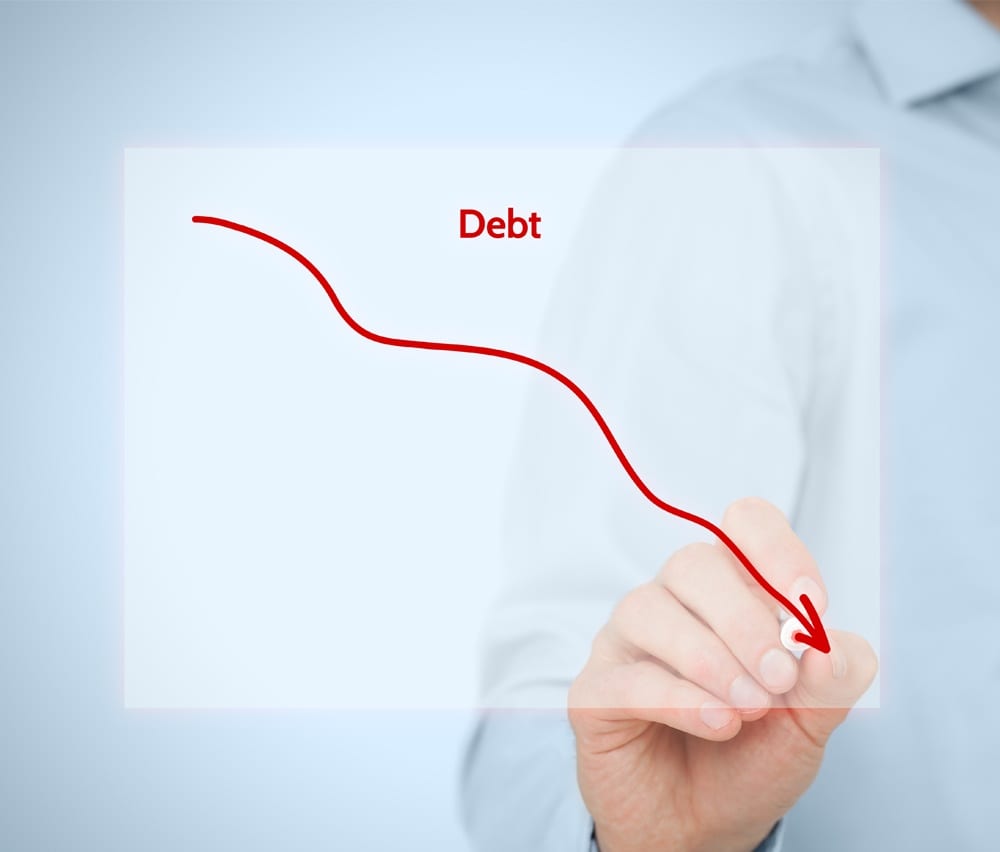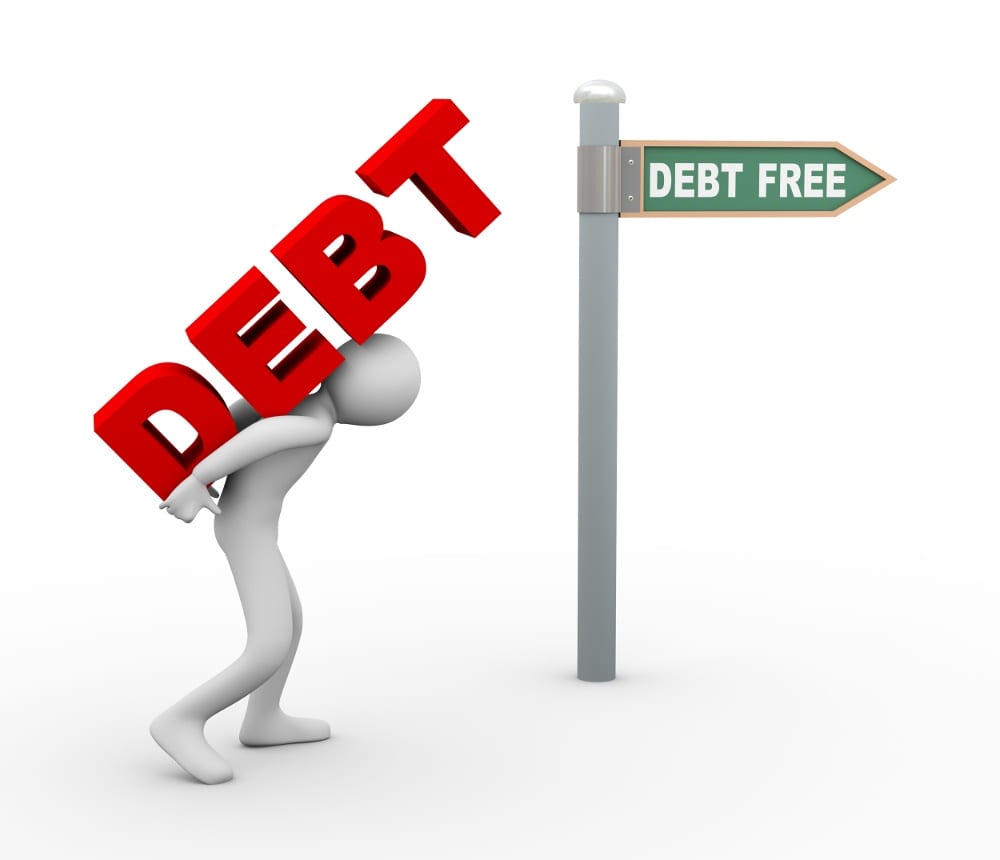In the times that we live in today, money matters are a big deal. The economy is dropping and good jobs are much more difficult to come by than they previously were. With so much concern about money and finances, this is an important time to know how much you are worth.
So what you can you do to determine how much you are worth? First, if you do not already have paper records of all of your debts and income and assets, you will need to spend some time collecting these items. There is a basic formula that will help you:
Net worth = financial assets – financial liabilities
When you learn this formula, all you need to do is plug in the numbers and you will get your net worth.
The first step however, is to learn how to calculate these numbers correctly. Many people make mistakes in their assets and they do not have the proper objectivity to determine what is what. Here are some things to consider when figuring your assets:
- How much cash do you have at hand? Add it all up- this will include checking accounts, savings accounts and yes, that piggy bank in the corner
- Do you have marketable securities? This will include stocks and bonds, option sand more. Check to find out their current values when adding up your assets.
- Do you own a business? Are you a partner or partial owner in a business or company? If so, then calculate this into your assets as well
- Do you have mutual funds? You will need to check the financial pages to find out their current worth to add into your assets
- Do you have real estate? How much? What is it worth? Check with current market values and do not rely on old, outdated appraisals
- Do you have a cash-value life insurance policy? Find out how much your life insurance is worth and add this to your assets calculations. Don’t forget to subtract any loans that have been taken out on the policy.
- Do you have a retirement fund? If you have IRAs, 401Ks or similar funds, factor the value of these in as well
- Look around your home. Do you have collectibles or antiques of significant value? You will need an appraisal on these to be able to factor in their worth.
Now you should be able to get a reasonable figure of what your financial assets are. Now it’s time to look at your liabilities. The golden rule says your debt should be less than 20% of your take home pay. Too many people break this 20% rule but to find out where you stand, you must factor all of your liabilities. Make a list of all your outstanding bills, auto loans, student loans, home loans, life insurance loans, income and real estate taxes, other taxes, taxes due on retirement accounts, child support and alimony and other liabilities.
Now remember that equation?
Net worth = financial assets – financial liabilities
Plug in the numbers and do the math and you will find out your current net worth.
All of these tips can help you determine your net worth. What do the results tell you about your financial affairs? Are you where you would like to be? Is there room for improvement? Are there some areas you would like to change? Make it your goal right now to make these changes.


